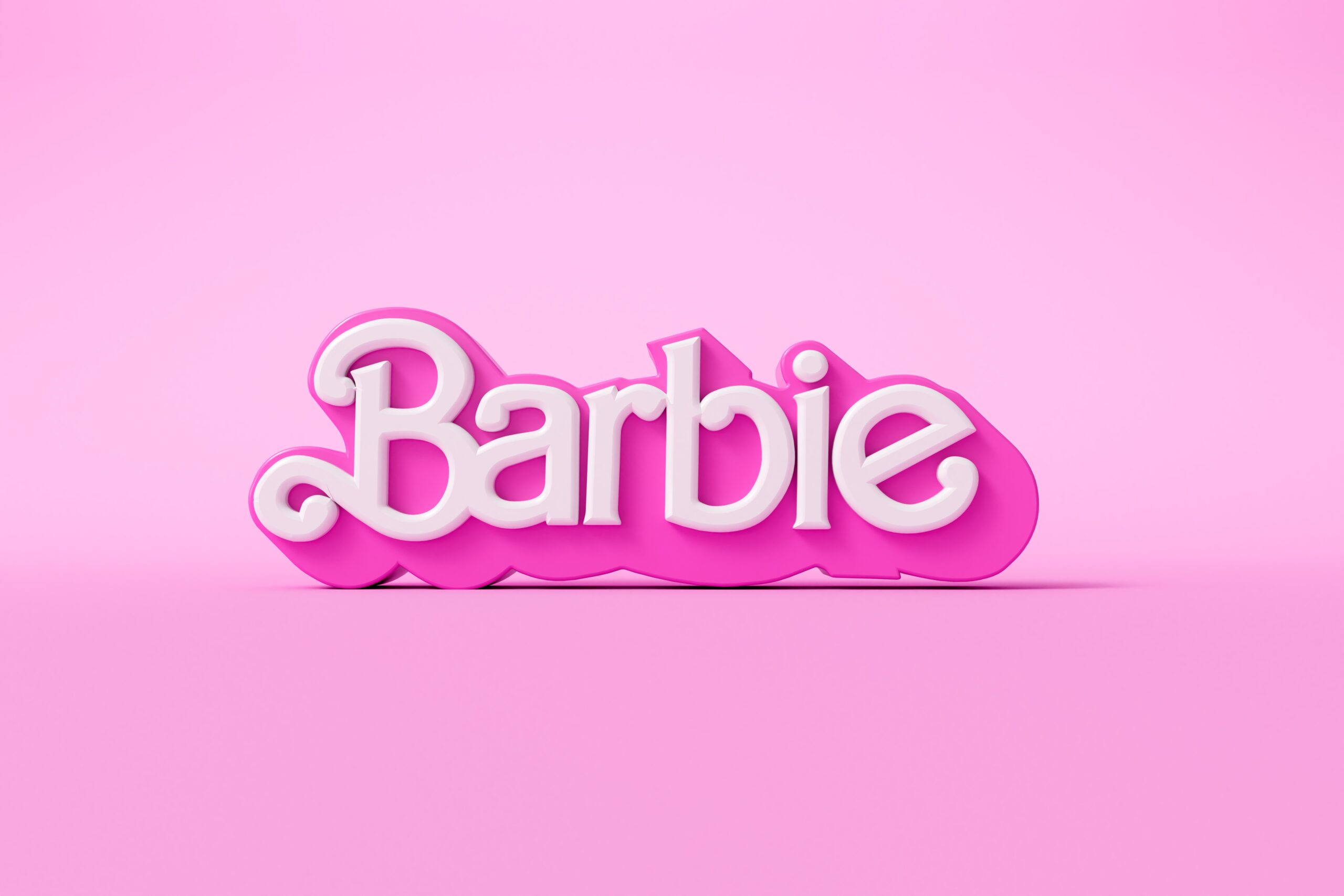Barbie: A Non-Review
As the 26th SCAD Savannah Film Festival kicked off with an array of impressive headliners and pre-screenings, “Barbie,” although having released earlier this July, solidly remained as one of the more anticipated screenings. In an in-depth Q&A session that followed after, Production Designer, Sarah Greenwood, and Set Dresser, Katie Spencer, left a packed theater in awe. As for me, personally, it was especially pivotal.
The first time I watched Barbie, I left the theater feeling perplexed and somewhat underwhelmed. Although, undoubtedly, the technical aspects of the movie such as the cinematography, costumes, and above all, the sets, were outstanding, I struggled to comprehend the purpose of the movie. While I could appreciate Greta Gerwig’s lighthearted and (quite literally) colorful approach to tackling otherwise dark themes, I was unconvinced about how effectively it did so. Watching it again, though, changed things completely.
Whether or not one likes “Barbie” is determined by two factors: perspective and experience. In regards to perspective, it is extremely foolish to walk into this film expecting a revolutionary breakdown of feminism, or a brain-chemistry altering revelation about what womanhood truly is. Because surely, a 2-hour movie can never, once and for all, dismantle the giant pain in my butt and yours that is patriarchy. In fact, to my understanding, the purpose of “Barbie” was to do quite the opposite — to poke fun at how incredibly silly and outdated the notion of having only men in charge really is. Will Ferrel’s cleverly portrayed character, along with his throng of suited-up minions, is a direct testament to that. Many of those who have a bone to pick with the movie (previously including myself) tend to fixate on things that it failed to accomplish rather than admiring the impact of what it actually did well. Gerwig’s “Barbie ” does not — was never meant to — decode the complexities of being a woman or resolve our collective suffering; what it does however, and does successfully, is open up the floor to these kinds of conversations and promote active dialogue. It is because of “Barbie” that a bulk of the younger generation is, at the least, interested and engaging in discourse surrounding various flawed social systems in conjunction with feminism.
Similarly, in terms of experience, my first viewing was in an entirely empty theater save for my sister, and 4-5 prepubescent boys a row ahead of us, who were too immersed in playing games on their phones. Environment and company/community play such a massive role when it comes to extracting maximum enjoyment from a movie; this is the exact basis of why theaters exist. From the moment I lined up outside the Lucas Theatre for “Barbie”, I knew my mind was about to be changed. Simply observing grown adults, little children and gym bros alike decked out in pink garb does enough to inspire joy and get anyone excited about watching the movie. Furthermore, sharing laughter, gasps, groans and tears (during that one montage with the Billie Eilish song in the back) alongside the rest of the audience trumped what I experienced in isolation because it reminded me that there are things, regardless of how small and inconsequential, that still have the ability to make us feel the same emotions.
Side Note:A huge shoutout to my Professor for bringing out our entire Advertising Illustration class to the screening of this film as a field trip; my outlook would most likely have remained unchanged otherwise (thank you, Prof. Ryan Sanchez).
To wrap up, Greta Gerwig’s “Barbie,” for me, has aged well. I was able to appreciate Margot Robbie and Ryan Gosling’s performance a great deal more this time round, and give them the credit they deserve. So really, the trick is to embrace the sheer absurdity of “Barbie” rather than overanalyzing it; and in any case, “Oppenheimer” could probably benefit from some analysis if you’re looking to dissect something 😉
